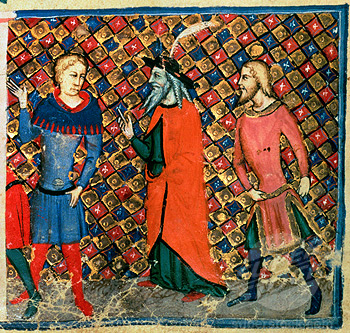The Story of the Stone at Bollingen
The Inscriptions on the Stone at Bollingen In Bollingen, silence surrounds me almost audibly, and I live “in modest harmony with nature.” Thoughts rise to the surface which reach back into the centuries, and accordingly anticipate a remote future. Here the torment of creation is lessened; creativity and play are close together.In 1950 I made…


